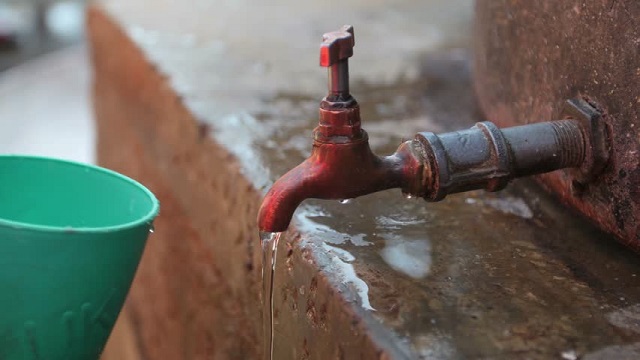
Kampala, Uganda | THE INDEPENDENT | A new study has warned of inequalities in access to improved water and sanitation facilities among Ugandan households.
While the report says majority of Ugandans (75%)can access water from improved sources, less than 20% have access to piped water.
The survey under the theme “Leaving no One behind? Citizen’s views and experiences on water, sanitation, and hygiene found disparities between the urban (42%) and rural areas (11%) in terms of access to piped water.
It reveals that only eight percent of the rural people were accessing piped waters compared to 45% of the households in the urban.
The findings were released by Twaweza and the Uganda Water Sanitation NGO Network(UWASNET) commenting on the report, World Vision’s Operations Director, Jeremiah Nyagah said the inequality around water in Uganda must be addressed.
Nyagah says one of the reasons why the cost of piped water remains out of reach for many is because of high cost of electricity.
He urges the government waive taxes o solar water technologies to reduce on cost of production. According to the survey, the biggest impediment to access to clean water was the lack of clean water points (36%), distances to water sources (27%) and availability of dirty water (25%).
Marie Nanyanzi, a programme Officer of Twaweza’s Sauti za Wanainchi says shortage of water points and distance to water points are cited by almost twice as many households in rural areas than urban.
She says eight out ten Ugandans said they harvested rainwater to complement their main source of water. Nanyanzi notes that from the findings can be sustainable cost effective alternative supply point for those struggling to meet their dial water needs.
The only problem is that most of the rain water harvested by most households hardly lasts longer due to storage problems.
The survey findings conclude that Uganda is unlikely meet most of the issues reflected in Social Development Goals(SDGS) Access to water and sanitation is internationally recognized human right. Yet more than two billion people lack even the most basic of services.
In 2010, the United Nations General Assembly adopted a resolution recognizing “the right to safe and clean drinking water and sanitation as a human right” and in 2015 the human right to sanitation was explicitly recognized as a distinct right.
These rights oblige States to work towards achieving universal access to water and sanitation for all, without discrimination, while prioritizing those most in need. Sustainable Development Goal 6 of the 2030 Agenda for Sustainable Development aims to guarantee sustainable management of, and access to, water and sanitation for all by 2030.
National Panning Authority’s Manager Population and Social Sector Planning, Dr. Sarah Birungi Nahalamba raised concern that few Ugandans have access to clean piped water. She said there is need for equal focus on sanitation including hand washing as part of the contributions to deaths and ill-health
Dr. Nahalamba suggests a revolving fund for water and sanitation at sub counties.
Dr. Nahalamba says it is also unacceptable that almost 66% of the health facilities don’t have access to clean piped water.
*****
URN
 The Independent Uganda: You get the Truth we Pay the Price
The Independent Uganda: You get the Truth we Pay the Price


